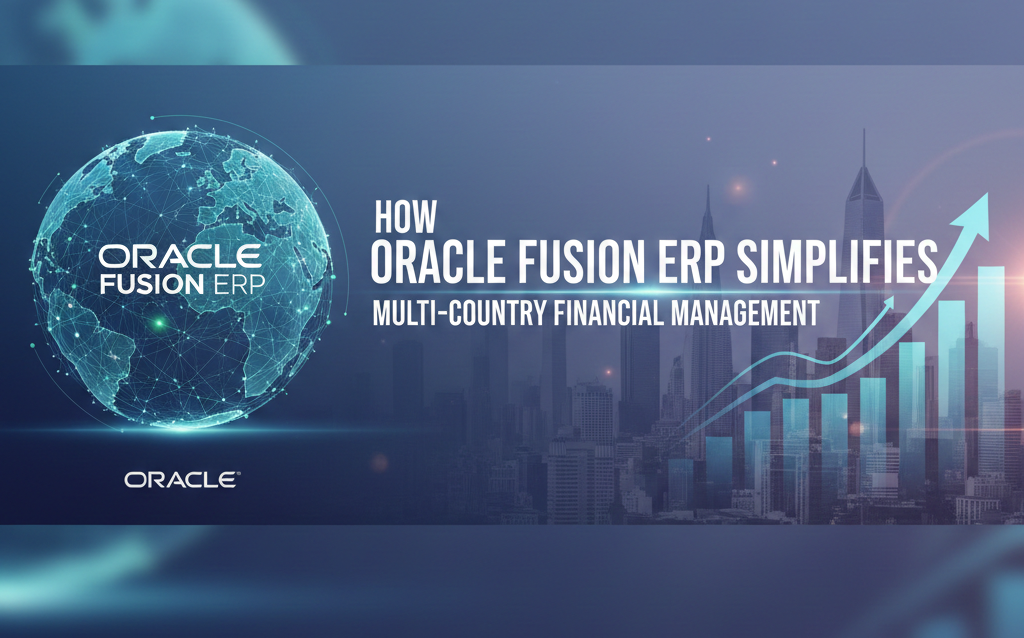Selecting the proper Customer Relation Management (CRM) system is a critical decision for any organization. CRM systems like NetSuite and Salesforce offer a wide range of functionalities to streamline business operations, but they cater to different needs. Customer Relation Software(CRM) software presents a compelling case for a detailed comparison between two of the industry’s heavyweights: NetSuite and Salesforce.
This comparative analysis delves deep into the core functionalities, integration capabilities, customization options, and overall efficiency of both platforms, offering businesses a comprehensive guide to ascertain which CRM solution aligns best with their operational needs and strategic objectives
As companies grapple with complex business processes and seek scalable solutions for their enterprise management needs, understanding the nuanced differences and unique selling propositions of NetSuite and Salesforce becomes imperative for informed decision-making. This examination not only sheds light on each platform’s strengths and limitations but also serves as a pivotal resource for organizations looking to harness the full potential of CRM systems in driving business growth and operational excellence. In this blog, we will compare NetSuite and Salesforce, two popular CRM solutions, to help you make an informed choice for your business.

What is NetSuite CRM?
A complete cloud-based enterprise resource planning solution, NetSuite CRM is well-known for its capacity to optimize business procedures throughout an enterprise. It integrates a range of critical functions, including financial management, supply chain, inventory, and order management, as well as manufacturing and customer relationship management (CRM).
This all-encompassing platform promotes data-driven decision-making and operational efficiency by providing real-time insight and control over critical business processes. Built on a flexible and scalable architecture, NetSuite CRM caters to the needs of a diverse range of industries, from small startups to large enterprises, by providing customizable and extensible functionalities.
Its cloud-native foundation ensures accessibility, security, and minimal infrastructure investment. At the same time, its suite of analytical tools enables businesses to harness actionable insights from complex data sets, driving continuous improvement and strategic growth.
What is SalesForce CRM?
SalesForce CRM is a comprehensive and cloud-based business management software solution that integrates and automates essential back-office functions, including finance, human resources, supply chain management, and customer relationship management, within a unified platform.
SalesForce CRM is a powerful tool that helps businesses operate more efficiently and scalably in the modern business environment. It does this by utilizing advanced data analytics, reporting tools, and artificial intelligence capabilities to streamline operations, optimize resource allocation, enhance decision-making processes, and facilitate cross-functional collaboration.
Understanding NetSuite
NetSuite is a cloud-based CRM
Solution that provides a comprehensive suite of tools for financial management, customer relationship management (CRM), e-commerce, and more. It is known for its versatility, making it a suitable choice for various industries and business sizes.
Pros of NetSuite:
- Integration: NetSuite seamlessly integrates with various third-party applications and offers built-in customization options, ensuring that it can adapt to your specific business needs.
- Scalability: NetSuite is designed to grow with your business. Whether you are a small startup or a large enterprise, you can tailor NetSuite to fit your requirements.
- Financial Management: NetSuite excels in financial management, offering features like financial reporting, revenue recognition, and multi-currency support.
- E-commerce Capabilities: For businesses with online sales, NetSuite provides robust e-commerce functionality, making it easier to manage inventory, orders, and customer data.
- Global Operations: NetSuite supports businesses with international operations, offering features for multi-subsidiary management and multi-language support.
Understanding Salesforce
Salesforce is primarily known as a CRM platform, but it has expanded its offerings to include ERP functionalities through its Salesforce CRM. Salesforce CRM Cloud aims to unify customer data, sales, and financial information to help businesses make data-driven decisions.
Pros of Salesforce CRM Cloud:
- CRM Integration: Salesforce CRM Cloud seamlessly integrates with Salesforce CRM, providing a holistic view of customer interactions and financial data.
- Real-time Analytics: Salesforce’s powerful analytics tools allow for real-time insights into sales, customer behavior, and financial performance.
- Customization: Salesforce CRM Cloud offers extensive customization options, enabling businesses to tailor the solution to their unique needs.
- Collaboration: Salesforce’s collaboration tools enhance communication and teamwork among employees, improving overall productivity.
- Scalability: Just like NetSuite, Salesforce CRM Cloud is scalable and can accommodate the growth of your business.
Choosing the Right CRM for Your Business
The choice between NetSuite and Salesforce CRM Cloud depends on your specific business requirements. Here are some factors to consider:
Business Focus: If your primary need is robust financial management and e-commerce capabilities, NetSuite may be the better choice. However, if you want to integrate CRM with your existing system, Salesforce ERP Cloud might be the way to go.
Industry: Consider your industry’s unique requirements. NetSuite has a broader industry reach, while Salesforce CRM Cloud may be a more natural fit for sales-driven organizations.
Customization: Both systems offer extensive customization, but Salesforce is known for its flexibility in tailoring solutions to specific business needs.
Budget: Compare the pricing structures of both solutions to ensure they align with your budget constraints. Keep in mind that the total cost of ownership includes not only licensing fees but also implementation and ongoing support costs.
Scalability: Consider your business growth plans. Both NetSuite and Salesforce CRM Cloud can accommodate expansion, but evaluate which one aligns better with your long-term goals.
The comparative analysis of NetSuite and Salesforce in the realm of Customer Relation Software(CRM) systems illuminates a multifaceted landscape where each platform exhibits distinct strengths and caters to diverse business needs.
This exploration, centered on their respective functionalities, integration capabilities, customization options, and scalability, reveals that the choice between NetSuite and Salesforce transcends a mere binary selection. It hinges on a strategic alignment with an organization's specific operational requirements, industry nuances, and long-term digital objectives.
While NetSuite offers a comprehensive, all-in-one suite approach, Salesforce stands out for its robust CRM capabilities and extensive ecosystem. Ultimately, the decision for businesses hinges not solely on the technical superiority of one platform over the other but on a nuanced understanding of how each system can uniquely enhance its operational efficiency, drive innovation, and foster sustainable growth in an increasingly digitized business environment.







